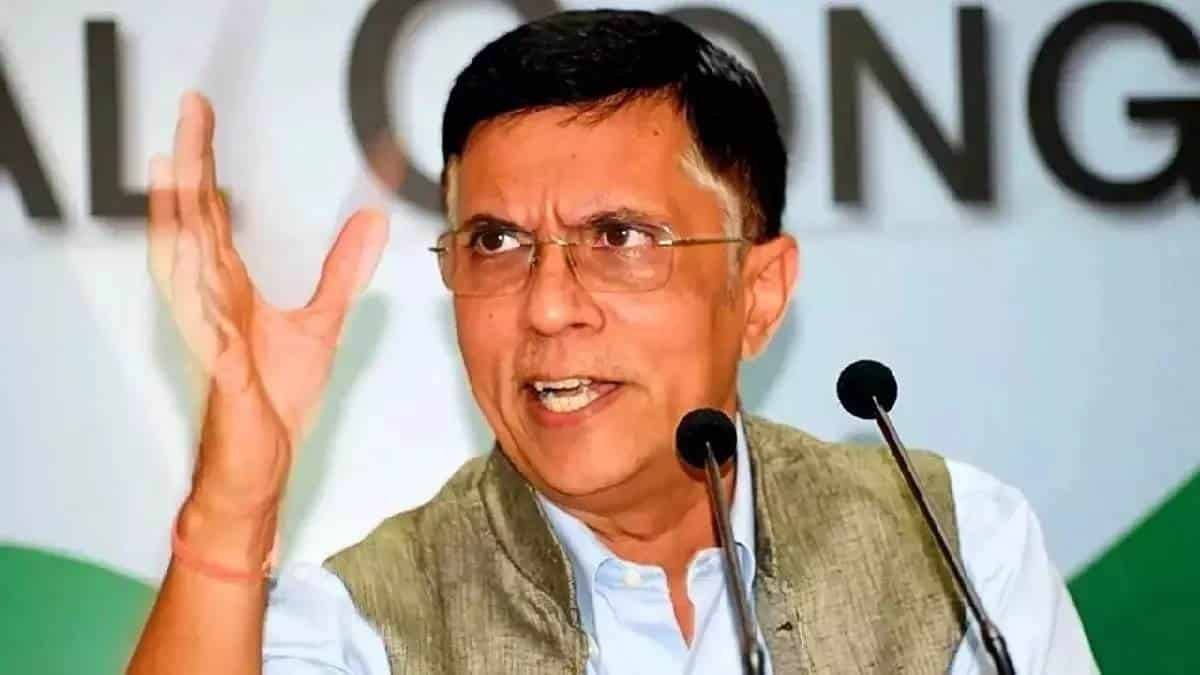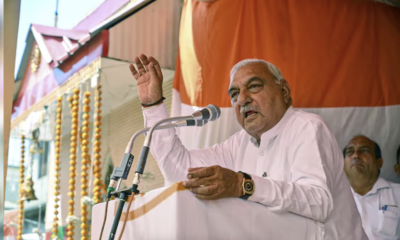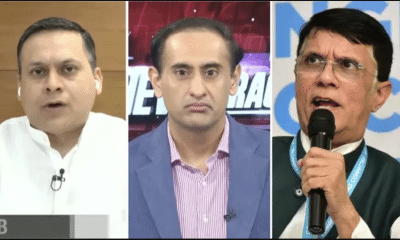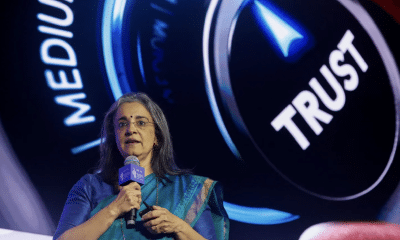News
Congress’s Pawan Khera Criticises Modi Government on India’s Wage Crisis
In a recent revelation, Congress leader Pawan Khera spotlighted a global report indicating that wages in India are alarmingly lower than those in countries such as Pakistan and Nigeria. Khera’s remarks on social media highlighted a broader economic issue, drawing attention to India’s position among nations with the lowest minimum wages.
According to the Velocity Global 2024 report, India’s monthly minimum wage stands at $45 (approximately Rs 3,760.61), while Nigeria and Pakistan offer significantly higher minimum wages at $76 (Rs 6,351.25) and $114 (Rs 9,526.88), respectively. The only countries with lower minimum wages than India are Sri Lanka and Kyrgyzstan, both at $28.
Wages in India are lower than those in Pakistan and Nigeria, leading to a very low standard of living for a significant population. While Prime Minister Narendra Modi sells the dream of making India the 3rd-largest economy in terms of GDP growth, reality is quite different.… pic.twitter.com/knt8mjhqq7
— Pawan Khera 🇮🇳 (@Pawankhera) July 16, 2024
Congress Critique of Economic Policies
Pawan Khera critiquing is part of a broader campaign by the Congress party against the current administration’s economic policies. In light of these wage statistics, the Modi government’s promise of making India the world’s third-largest economy is being scrutinized. The Congress party argues that the reality on the ground contradicts these ambitious economic goals.
Jairam Ramesh, Congress General Secretary and head of communications, echoed concerns raised by Pawan Khera, pointing to unemployment as a significant issue exacerbated by recent economic decisions. In a statement, Ramesh mentioned a Citigroup report detailing the pressing need for India to create 1.2 crore jobs annually over the next decade to accommodate the growing youth population. He emphasized that the current GDP growth rate of 5.8%, as opposed to the required 7%, is insufficient to generate these jobs.
Jairam Ramesh specifically criticized three significant policies: demonetization, implementation of the Goods and Services Tax (GST), and rising imports from China. He labelled the demonetization policy as “Tughlakian” (alluding to the erratic decisions of Sultan Muhammad bin Tughlaq). He argued that the hastily implemented GST and increased Chinese imports have crippled job-creating Micro, Small, and Medium Enterprises (MSMEs).
“These policies have led to a significant increase in unemployment and have decimated industries crucial for job creation,” Ramesh stated. He also highlighted the alarming statistic that 10 lakh central government job vacancies remain unfilled, describing this as a disservice to India’s educated youth and a hindrance to governmental efficiency.
India’s labour markets are characterised by a dual tragedy: mass unemployment and an abundance of low-quality employment. Our statement on the self-anointed non-biological Prime Minister’s claim of having created 80 million jobs pic.twitter.com/963XUMRXvC
— Jairam Ramesh (@Jairam_Ramesh) July 15, 2024
Broader Implications
The report and the ensuing debate underscore a larger issue within the Indian economy. Only 21% of India’s labour force currently holds salaried jobs, a decrease from 24% before the COVID-19 pandemic. This decline in stable employment further complicates the economic landscape, particularly for the younger generation entering the workforce.
The Congress party’s criticism suggests that the Modi government’s policies are failing to deliver on promises of economic growth and actively harming the job market and wage standards. As the nation grapples with these financial challenges, the debate over policy direction and its impact on everyday Indians will likely intensify.












































